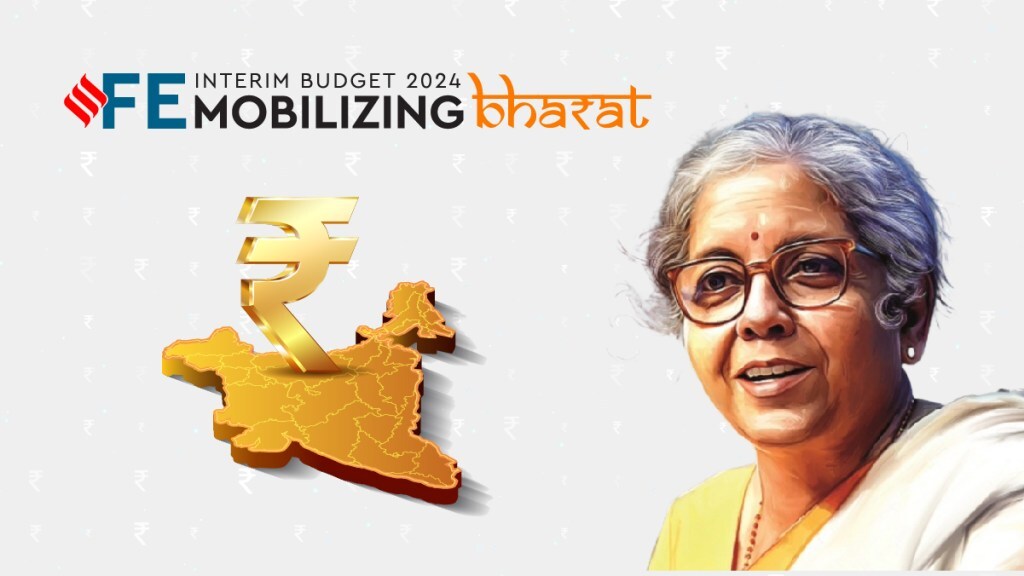Finance Minister Nirmala Sitharaman is all set to present the Interim Budget 2024 on February 1 (today), marking her sixth Budget presentation as Finance Minister of the country.
With this being the final budget before the General Elections 2024, all eyes are on Sitharaman as she prepares to address the nation’s financial priorities.
However, it’s important to note that the Interim Budget is a temporary measure, with the full Union Budget slated to follow after the 2024 general elections usher in a new government.
Difference b/w Interim and Union Budget
Coming to the difference between the Interim Budget and the Union Budget, the former serves as a provisional financial plan enacted before the incoming government takes office post-election.
The interim budget functions as a stopgap solution to manage government expenditures until a comprehensive budget can be formulated by the new administration.
Unlike its comprehensive counterpart, the Interim Budget focuses primarily on allocating funds for essential government operations, ongoing schemes, and urgent requirements, refraining from extensive policy reforms due to its temporary nature.
As a result, it undergoes less scrutiny and debate in Parliament, seeking approval only for necessary expenditures until the new government assumes office and presents a detailed budget.
On the other hand, the Union Budget incorporates all aspects of government spending, revenue generation, and policy reforms for an entire fiscal year. The Union Budget introduces new policies, schemes, and reforms aimed at fostering economic and social growth while undergoing rigorous examination and discussion within the parliamentary arena.
In a nutshell, while the Interim Budget serves as a temporary financial arrangement, whereas the Union Budget is a comprehensive blueprint guiding the nation’s fiscal trajectory, reflecting the government’s long-term vision and priorities for the year ahead.

